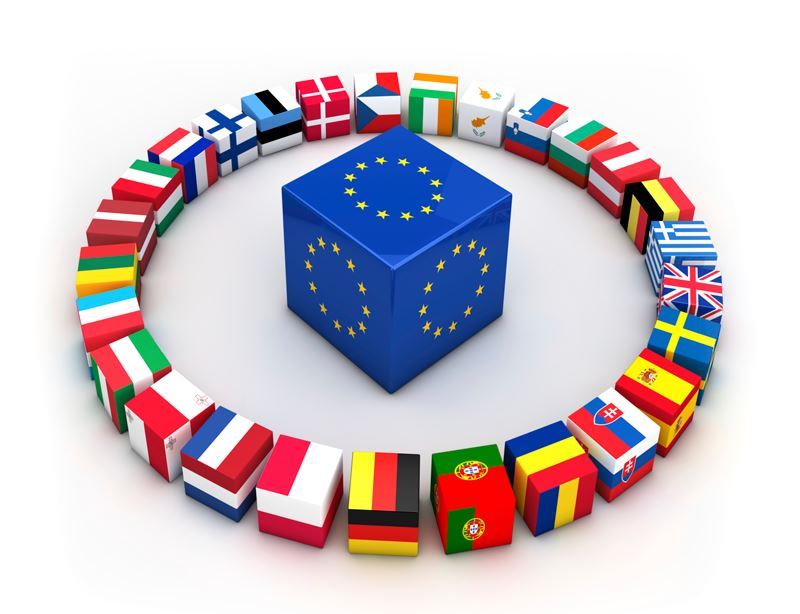A group of organisations representing civil society, trade unions, business, local governments and companies presented a new multi-stakeholder alliance named ALL at a conference today in Brussels. The alliance has been established to campaign in favour of European cooperation and democracy at a time when both are challenged.
ALL is bringing together different sides of European society as part of a diverse and inclusive campaign in the run-up to the European Parliament elections in 2019. Through a network of national partners, ALL will endevour to offer millions of Europeans a better chance to discuss and influence politics through democratic dialogue.
ALL was initiated by the European Movement International, working in partnership with the following organisations:
- BDI – Federation of German Industries
- BusinessEurope
- CEEP – European Centre of Employers and Enterprises providing Public Services
- CEMR – The Council of European Municipalities and Regions
- DI – Confederation of Danish Industry
- EEB – The European Environmental Bureau
- EMI – European Movement International
- ETUC – European Trade Union Confederation
- European Youth Forum
- IV Bund – Federation of Austrian Industries
- Svenskt Näringsliv – Confederation of Swedish Enterprise
- Transparency International EU
Markus J. Beyrer, Director General of BusinessEurope, an ALL partner, explains:
“The European Union is built on the values of democracy and freedom. BusinessEurope has supported the European Union since the very beginning. There is no freedom of enterprise without free thinking and true democracy. Engaging in the debate on the future of Europe and working in partnership with ALL reflects this conviction”.
Mr. Luca Vincentini, Secretary General of the European Trade Union Confederation, says he is convinced that there is a profound need for a new kind of cooperation between all sides of society to defend and strengthen the great values on which Europe is built: democracy, human rights, freedom of speech and the rule of law:
“We have joined the alliance because we want to engage our members in a debate on the future of Europe, which is open, inclusive and transcends sectoral lines and national interests.”
The Secretary General of the European Environmental Bureau, Mr. Jeremy Watts, has chosen to become a member of ALL because of the difficulties Europe is facing:
“Europe is faced with a multitude of challenges so this is the time to defend European democracy and cooperation. There is no other way than working closely together. We want to make Europe more connected and empower Europeans to take part in the debate on Europe’s future”.
Petros Fassoulas, Secretary General of the European Movement International, says:
“There is most certainly a need for Europeans from all walks of life to come together and stand up for democracy right now. Just a month ago, an online survey showed that fewer than half of 6,000 young people aged between 16 and 26 from seven EU countries – all home to large populist movements — believed that democracy was the best form of government. This clearly demonstrates the need to talk with people about why Europe, and European democracy,is more needed than ever.”
He continues: “We have come together to build a campaign that will foster democracy in action. We want to give people across Europe a chance to engage. We believe that by fostering democratic debate on the issues that matter to our fellow Europeans, we can make them part of the decisions that affect them ahead of the 2019 European Parliament elections.”
ENDS
Quotes from ALL Partners:
Frédéric Vallier, Secretary General of CCRE CMER:
“Europe is like riding a bicycle: we have to keep moving forward or we will fall. CEMR being the main representative organisation of Local and Regional Governments is eager to take forward discussions about Europe’s future with all stakeholders sharing the same core values: democracy, solidarity, decentralisation, inclusion and rule of law. Mayors and local leaders, being at the closest level of government to citizens, can play a decisive role in this endeavour.”
Anna Widegren, Secretary General of European Youth Forum:
“We refuse to accept the current reality where political decisions that impact us are made without us. Young people are the most pro-European generation and engaging us in decision-making can only lead to better, more inclusive policies; providing the key to creating more sustainable, democratic systems. This is our youth vision for the future of Europe and we look forward to working with our ALL partners to #YouthUp democracy together.”
Valeria Ronzitti, Secretary General of CEEP (European Centre of Enterprises providing Public Services and SGIs):
“In this ALLiance, we can all agree that we disagree about a lot of issues, such as on social policies, on energy and climate change or on the macroeconomic priorities for Europe. But we all operate on a daily basis following one key principle: European cooperation based on democratic principles is the right basis for discussing our different opinions.”










